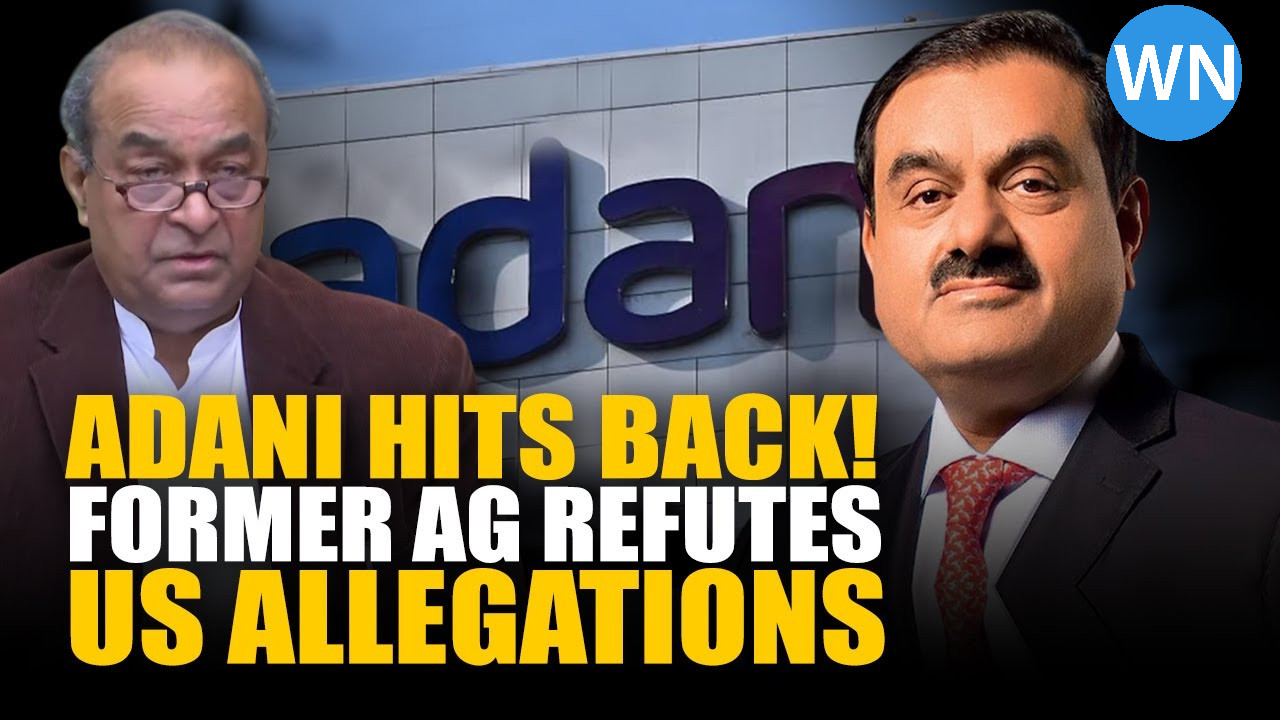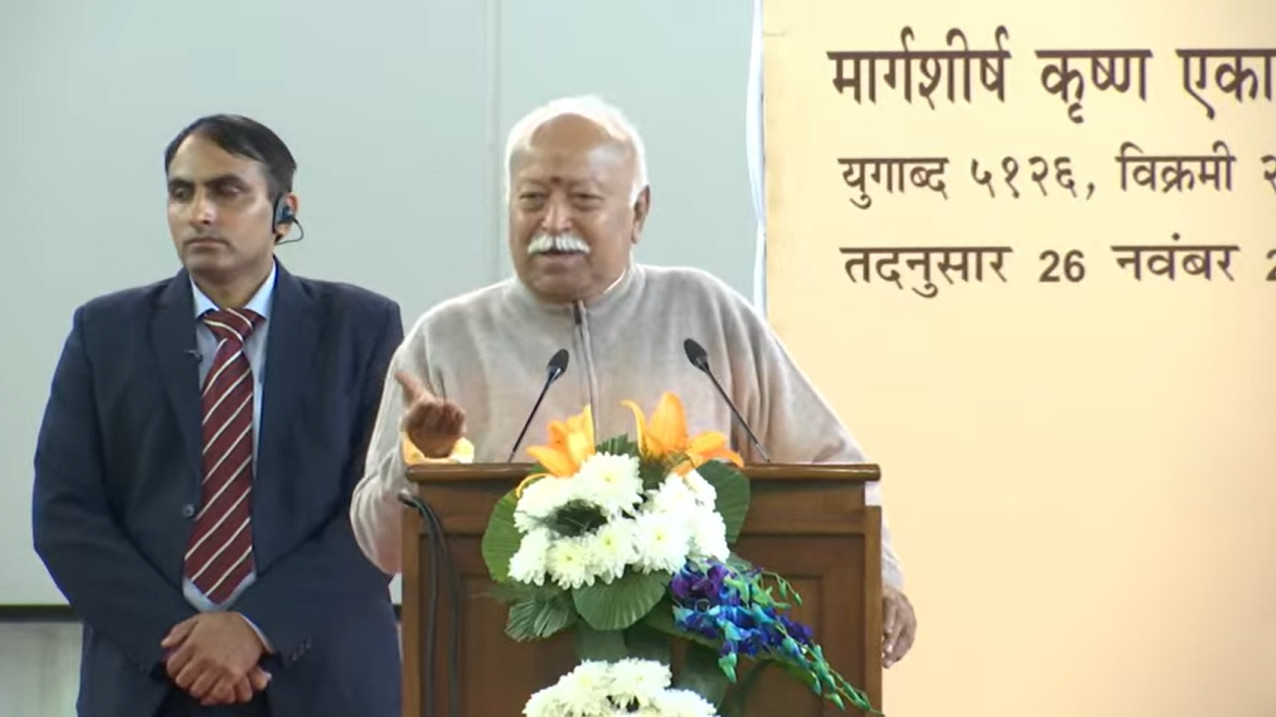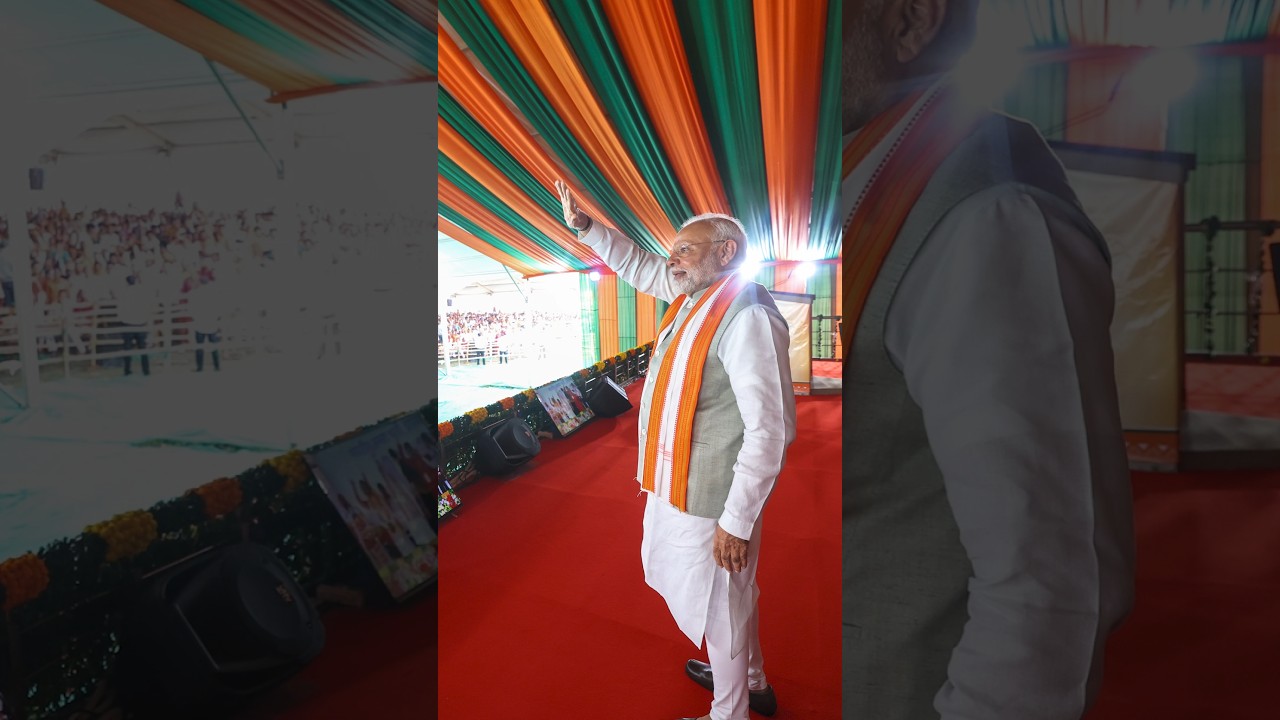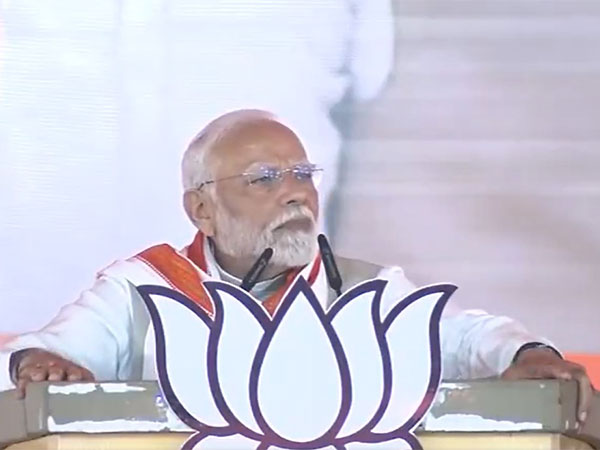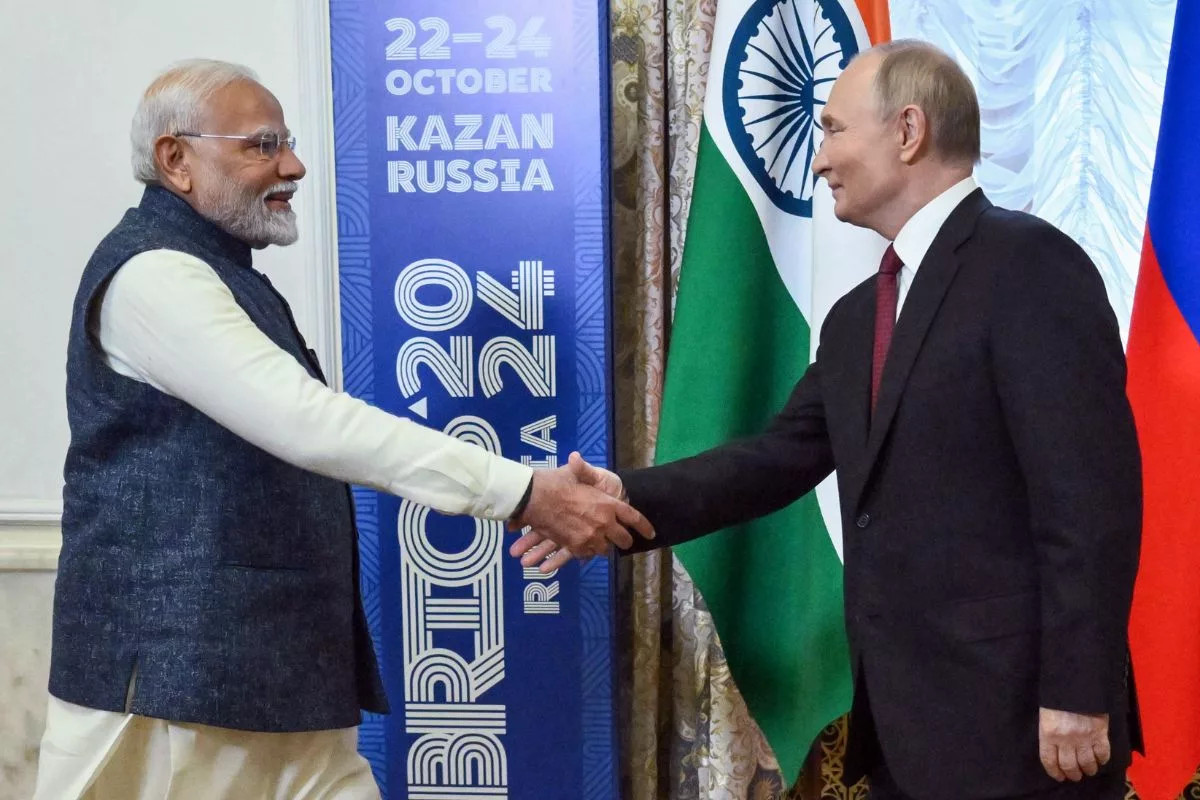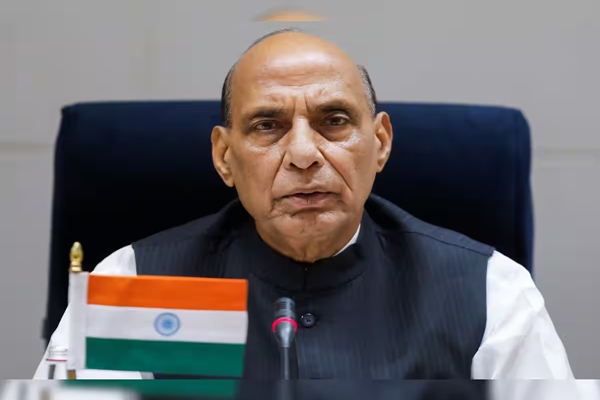The Municipal Corporation of Delhi (MCD) has imposed a penalty of Rs 5 lakh on a subsidiary of Godrej Properties for not taking environment safety precautions in construction works at its project site here. In a regulatory filing on Saturday, Godrej Properties informed that its subsidiary Godrej Vestamark LLP on October 16 received an order in this regard under the Delhi Municipal Corporation Act 1957. Godrej Properties is one of the leading real estate firms in the country.
Sri Lanka plans to use the second tranche of the IMF bailout deal to settle arrears with multilateral creditors and accelerate the debt restructuring process. The country is set to receive $330 million upon approval of the Staff-Level Agreement by the IMF Executive Board. This agreement will allow other financial institutions such as the World Bank and Asian Development Bank to make remaining payments, expediting the debt restructuring efforts. The IMF had approved a $2.9 billion extended arrangement in March to support Sri Lanka's economic policies and reforms.
The Reserve Bank of India (RBI) governor, Shaktikanta Das, announced that interest rates will remain high and the central bank is focused on monitoring inflation dynamics to ensure a sustained decrease in price pressures. Das stated that India's macroeconomic fundamentals are strong and the country is well-positioned in uncertain times. He also highlighted that retail inflation has decreased to 5% in September 2023, but cautioned about uncertainties in food inflation.
India has criticized the US, EU, Japan, Australia, and Brazil for trying to limit spending on rice and wheat procurement. Indian officials argue that their public procurement scheme has helped feed a large population and has made India an exporter. They urged these countries to reform the global trade regime and shed their arrogance. The issue will be discussed at the next WTO ministerial meeting in February.
The Monetary Policy Committee (MPC) members of the Reserve Bank of India (RBI) expressed concerns about inflation increasing due to price shocks, especially in the food sector. RBI Governor Shaktikanta Das emphasized the need for a disinflationary policy and aligning inflation with the 4% target. The hawkish statements from the MPC members indicate that the central bank is unlikely to ease monetary policy soon. RBI may focus on controlling prices through liquidity management.
Economists discussing the IMF's regional economic outlook for Asia have identified private sector expenditure and consumption as major obstacles to global growth. They attribute this slowdown to increased global uncertainty and high interest rates. While many countries are focusing on short-term policies, longer-term reforms are needed to boost economies in the region. Private investments in India have not rebounded to pre-pandemic levels, with a lack of job creation and limited investments in infrastructure and consumer sectors. Consumption recovery in India is also uneven, with premium products selling well but rural demand showing negative growth.
India is resisting pressure from Russian oil suppliers to pay for crude imports in Chinese currency, as tensions between India and China continue. While Russia has a growing demand for yuan due to its reliance on China for imports, India mostly pays for Russian oil imports in dirhams, dollars, and a small amount of rupees. Indian refiners, which are mostly government-owned, would need to follow payment instructions from the finance ministry, and the government is unlikely to agree to using yuan as the main unit of transaction.
